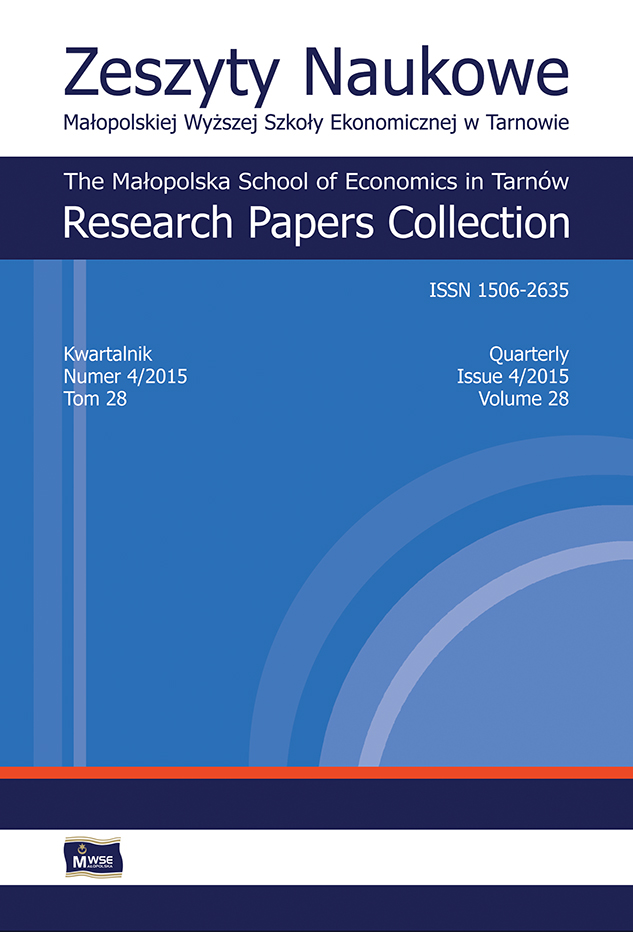Abstract
Introduction. The present situation in Latvia can be characterized by a high, persistent unemployment level, economic emigration, stress at the workplace and individualization of society. The aim of the paper is to reveal the aspects of strategic decision making in the trade unions of Latvia, their topicality and problems evaluating the involvement of the Latvian trade union members in strategic decision making and the comprehension of constant union goals. Methods. The theoretical and methodological basis of the research lies in the scientific literature published in the European Union states and the United States of America. The empirical research employs qualitative research methods: semi-structured interviews and document analysis. Material and results. The strategic decision making proces was characterized in the analysis of the theoretical sources. The practice of strategic decision making in Latvian trade unions was clarified in the empirical research.The paper concludes that the practice of delegation of strategic decision making should be improved to encourage members involving in the realization of the trade union’s goals and objectives. It is advisable to increase unanimity of chairpersons and members in the trade unions in Latvia, which can be ensured by promoting the comprehension about strategic decisions using the form of a dialogue between the chairpersons of the LBAS and the chairpersons of Latvian field/ professional trade unions as well as a dialogue between the chairpersons of Latvian field/ professional trade unions and union members, strategic decision making process, goals, trade union members
References
Ansoff, I. = Ансофф, И. (1989). Стратегическое управление. Москва: Экономика. ISBN 0256150273.
View in Google Scholar
Arendt, L., Priem, R., Ndofor, H. (2005). A CEO: Adviser model of strategic decision making. Journal of Management, 31, 680–690.
View in Google Scholar
Channon, D. (2005). Strategic management. In: The Blackwell Encyclopedia of Management: Strategic management. Oxford: Blackwell Publishing. ISBN 0631233172.
View in Google Scholar
Daft, R. (2008). Management. Mason, OH: Thomson South Western. ISBN 978032453770.
View in Google Scholar
David, F. (2011). Strategic management: Concepts and cases. New Jersey: Person Education—Prentice Hall. ISBN 9780136120988.
View in Google Scholar
Nutt, P., Wilson, D. (2010). Crucial trends and issues in strategic decision making. In: P. Nutt, D. Wilson (eds.). Handbook of decision making. San Francisco: John Wiley & Sons. ISBN 9781405161350.
View in Google Scholar
Rigby, M., Smith, R., Brewster, Ch. (2006). The changing impact and strength of the labour movement in advanced societies. In: M. Harcourt, M. Wood (eds.). Trade unions and democracy: Strategies and perspectives. New Jersey: Transaction Publishers. ISBN 9780719069796.
View in Google Scholar
Roberto, M. (2004) Strategic decision-making processes: Beyond the efficiency—consensus tradeof. Bryant University Management Department Journal Articles, 14, 4–7.
View in Google Scholar
Salamon, M. (2000). Industrial relations: Theory and practice. London: Person Education—Prentice Hall. ISBN 9780273646464.
View in Google Scholar
Sekhar, S. (2010). Business policy and strategic management. New Delhi: International Publishing House. ISBN 9788190777070.
View in Google Scholar
Statutes of the Member Organizations of the Free Trade Union Confederation of Latvia [online, accessed: 2015-05-05]. Retrieved from: http://www.lbas.lv/members.
View in Google Scholar
Stratton-Devine, K., Reshef, Y. (1996). Union planning: A framework and research agenda. Industrial Relations, 51 (3), 506–523.
View in Google Scholar
Thompson, A., Strickland, A., Gamble, J. (2008). Crafting and executing strategy: Concepts and cases, New York: McGraw-Hill Companies. ISBN 9780273646464.
View in Google Scholar
Vallaster, C., Koll, O. (2002). Participatory group observation: A tool to analyze strategic decision making. Qualitative Market Research: An International Journal, 5, 40–57.
View in Google Scholar
© Copyright by Małopolska School of Economics in Tarnów. The articles are available under the Creative Commons Attribution NonCommercial-NoDerivatives 4.0 International License


